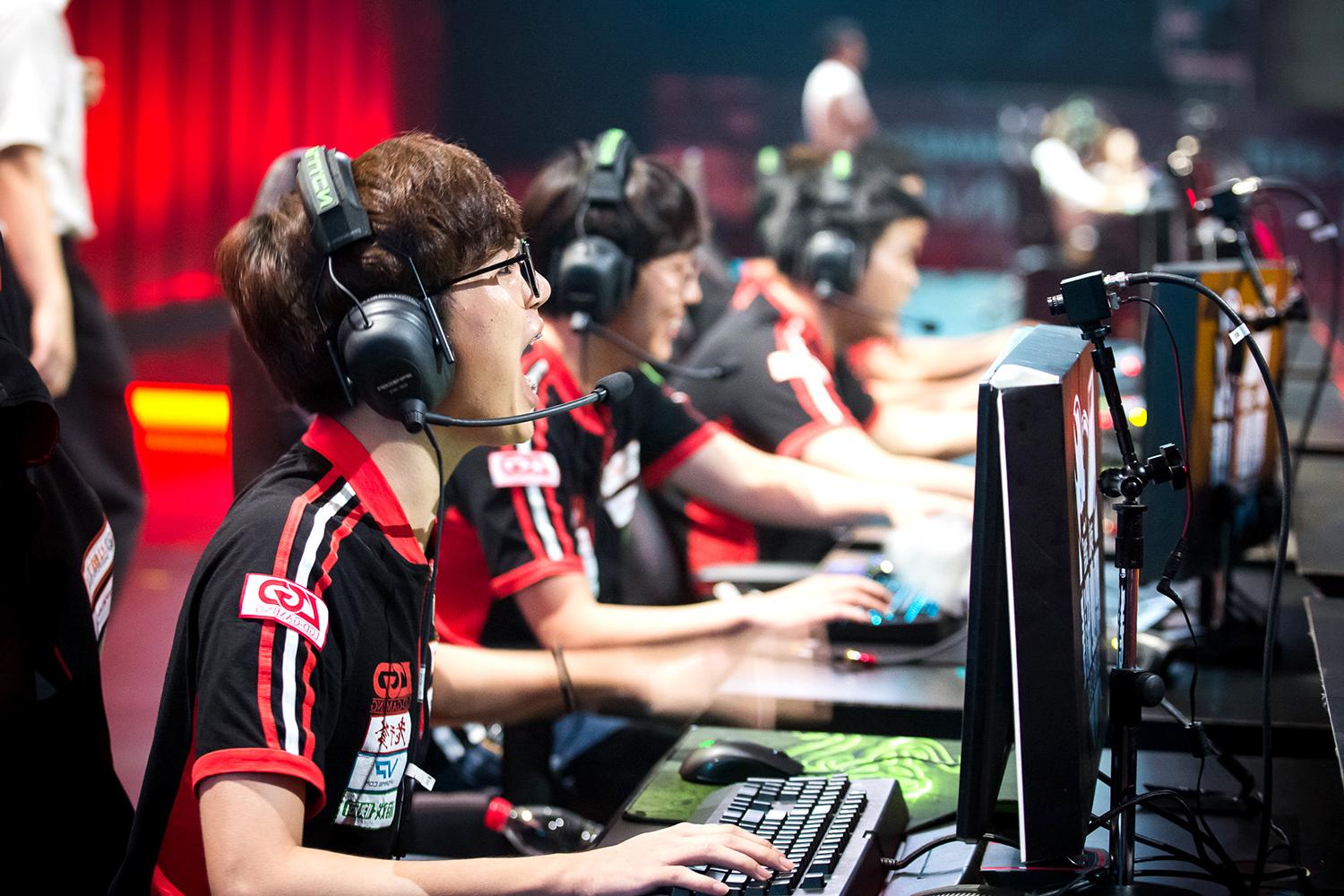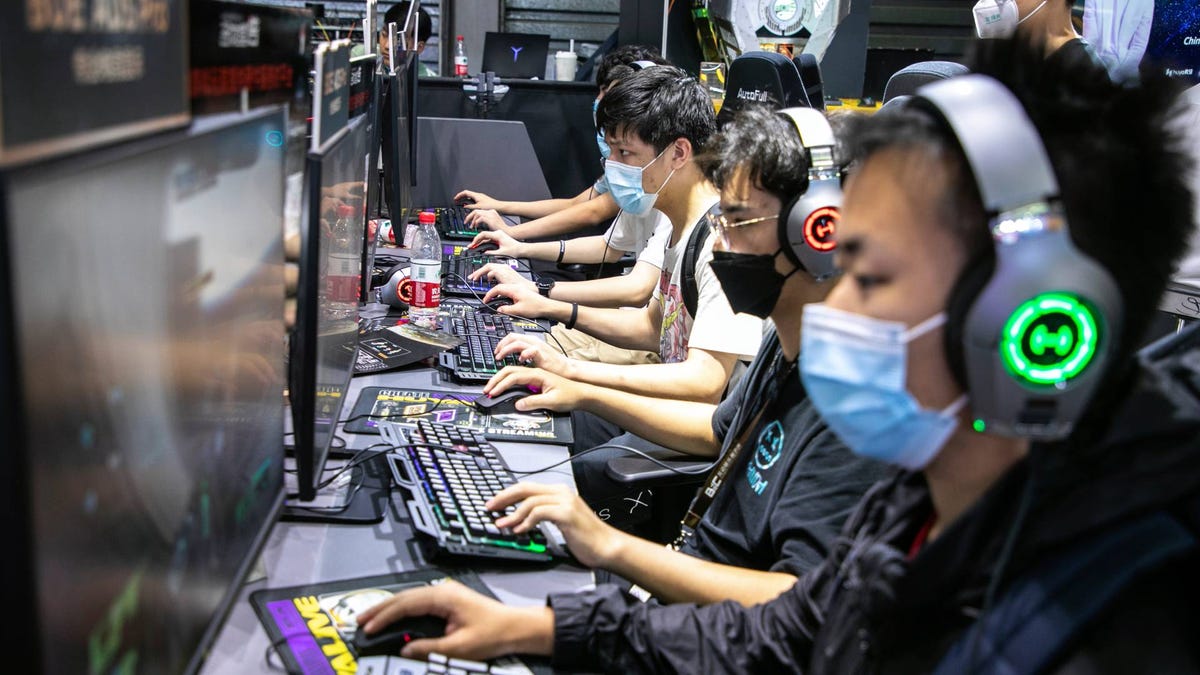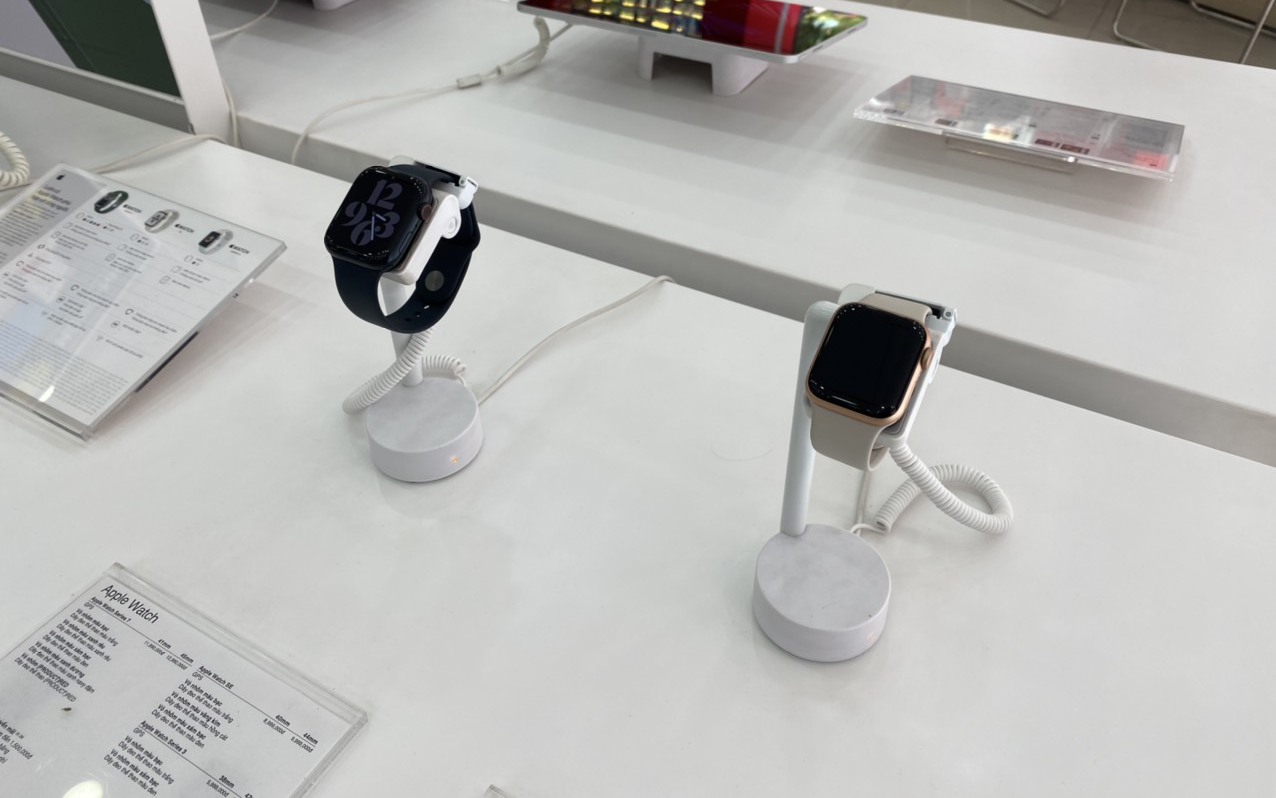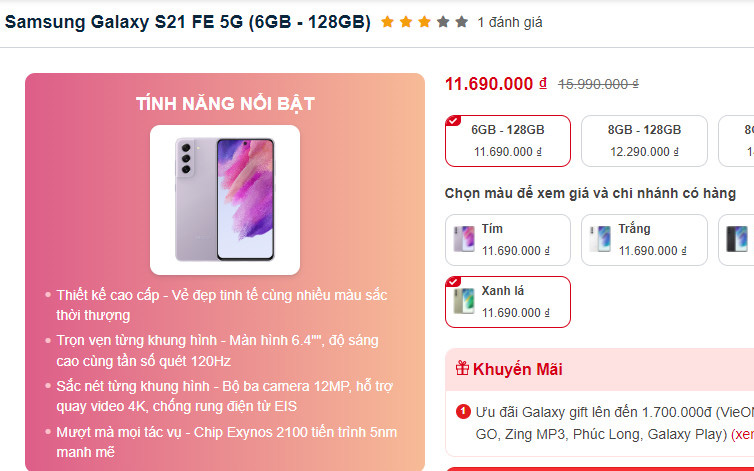Shares of Chinese game companies soar after 9 months of freezing
China approves 45 video games after 9-month hiatus
China requires game publishers to obtain regulatory approval before they release games. And it is the National Press and Publication Administration (NPPA) that provides the approvals for video games in the country.
Recently, according to China’s National Press and Publication Administration (NPPA), a total of 45 new game titles have been approved by companies such as Seasun Entertainment, Lilith Games and XD. The list also shows other companies whose games have received licenses including iDreamSky, 37Games, a subsidiary of G-bits Network Technology Xiamen, Shenzhen Zqgame and Yoozoo Games. However, none of the newly licensed games have come from Tencent Holdings or NetEase, the country’s two largest game companies, but a game called Jinji de Tuzi from Baidu, the Chinese search giant, has been released. included in the list.

Chinese regulators approved the first batch of video games for monetization since last July, ending a freeze that has plagued some of China’s biggest tech companies. Photo: @AFP.
All game titles were approved on April 8, and the news was announced just three days later on the NPPA website. China hasn’t approved a video game license for about nine months. In July 2021, the NPPA approved a total of 87 titles, and paused approval of new games thereafter. The Chinese government did not give any reason for this decision, or even publicly acknowledge it.
While the move to ban the approval of video games was made to reduce gaming addiction among the country’s youth, it has had a negative impact on companies like Tencent, a major player in the industry. The gaming industry owns titles like PUBG Mobile, Call of Duty: Mobile, Ring Of Elysium and more. Major companies such as Tencent, Iqiyi, Bilibili and Netease have seen significant declines in their share prices as a result of the crackdown, and a report by the South China Morning Post in December 2021 said. , about 14,000 “small studios and game-related companies” in China have gone out of business in the past few months.
So, the latest approval marks the end of a nine-month moratorium on game approvals. The lengthy approval freeze is also not unprecedented: The Chinese government’s previous halt to licensing new game publications was lifted in December 2018, about nine months after it was approved. apply.
According to You Haokun, senior analyst at research firm LeadLeo, small and medium-sized game studios have been particularly hard hit by the recent suspension of license approvals. “China’s video game industry is highly concentrated, and small and medium-sized studios have always faced a market environment with high competitive pressure, and a harsh living environment, especially,” You said. when the number of new games is limited”.
In China, companies need approval from regulators to monetize games. China’s National Press and Publication Administration approved 45 games on April 11. The approval is likely to indicate a slightly more favorable view of the gaming industry from regulators after months of difficulty amid tightening regulation in China in the tech and online gaming sectors. make money.
Citigroup analyst Alicia Yap wrote in a note: “The continued approval of the game is a positive development for China’s gaming industry. It “will help strengthen investor confidence.” Government investment still favors the cultural and creative aspects of the games industry and could signal a resumption of a more continuous flow of development.”
Following this announcement, US-listed shares of Chinese game companies NetEase Inc, Bilibili Inc, 7 Interactive Entertainment rose 8% and 8.6% and 3.66% respectively on trading session on April 11 while the share prices of other streaming companies such as Huya and DouYu also skyrocketed.

The freeze dealt a heavy blow to the game industry in China that lasted for nine months. Photo: @AFP.
Originally, the authorities of the world’s second largest economy were concerned about gaming addiction in children under 18 years old. Last year, China introduced regulations limiting children’s online gaming time to three hours per week.
Although those under the age of 18 are only a small part of the revenue of Tencent and NetEase, but the freezing of the titles has had a big impact. Last month, Tencent reported record slow quarterly revenue growth for the fourth quarter of 2021. The company even announced plans to shut down its video game streaming platform. The new move also comes months after regulators blocked a merger between Huya and DouYu, two companies in which Tencent has a significant stake on antitrust grounds.
at Blogtuan.info – Source: danviet.vn – Read the original article here



